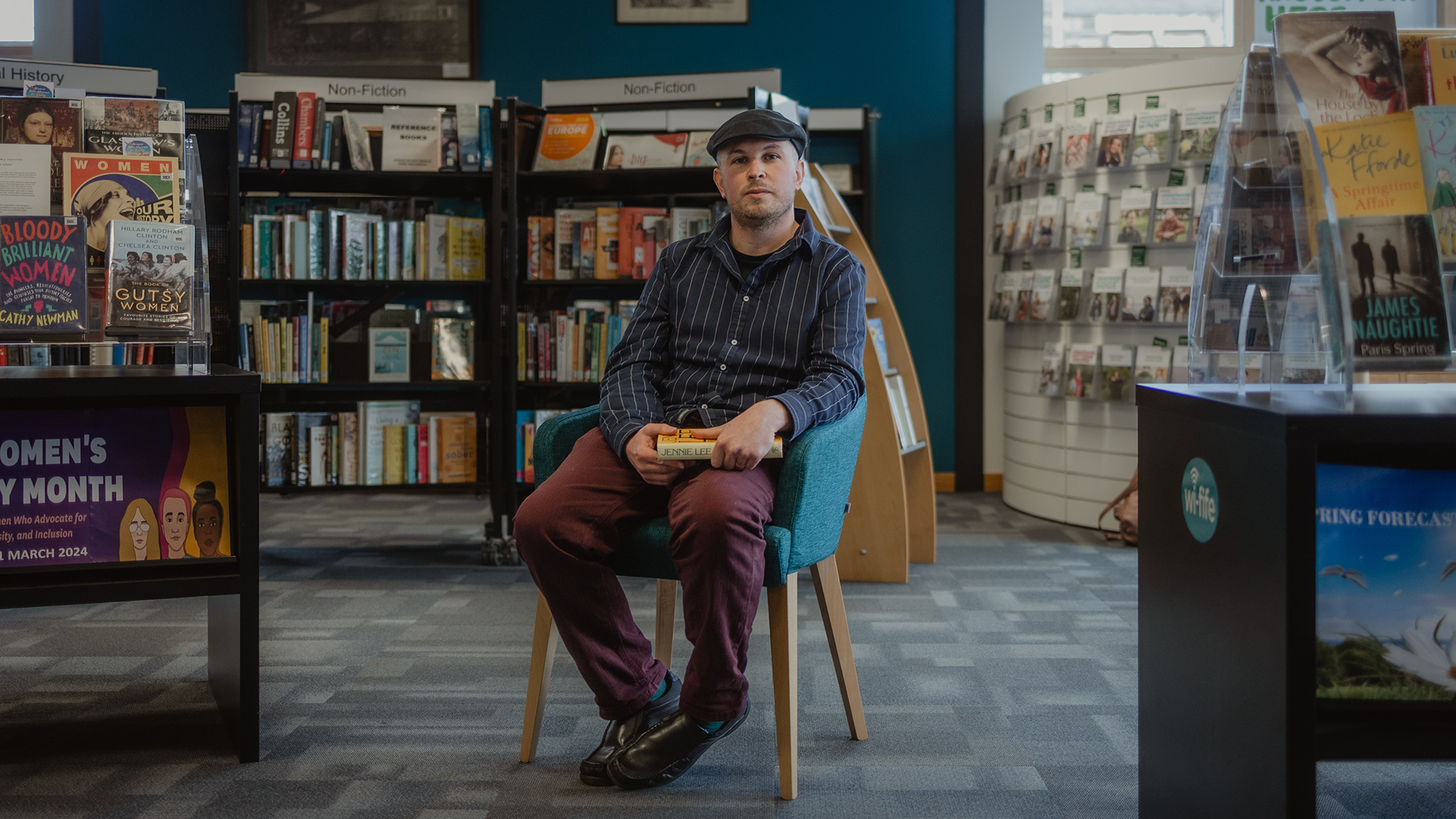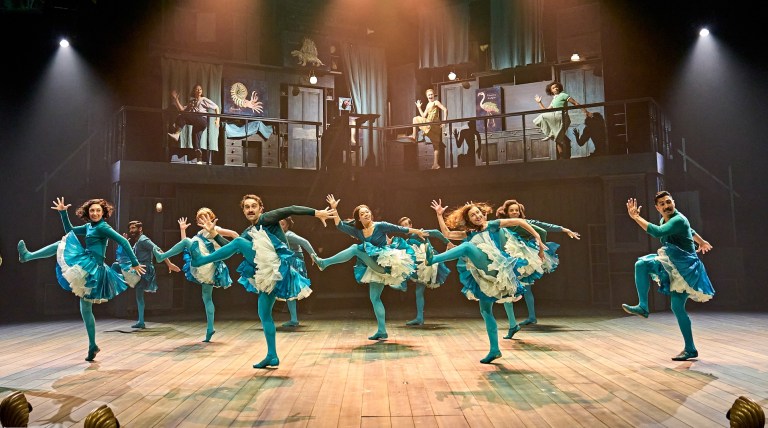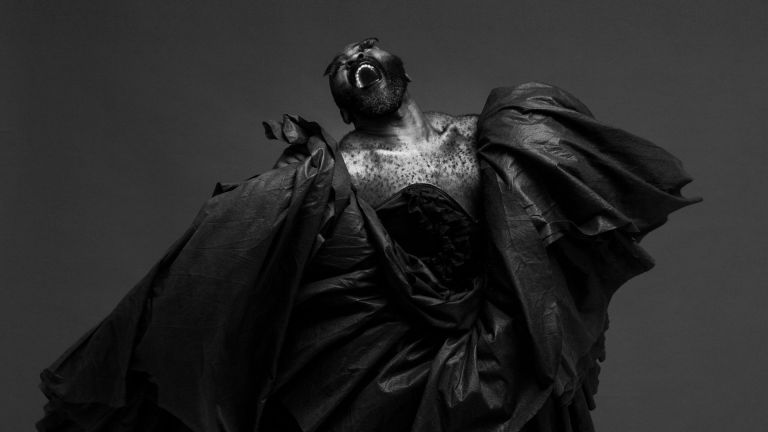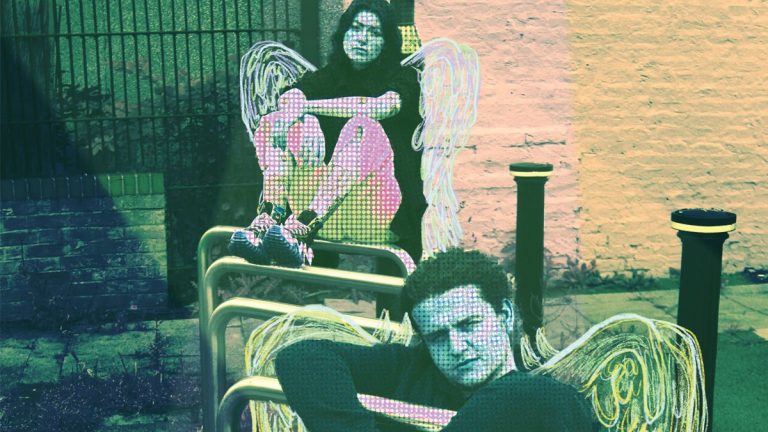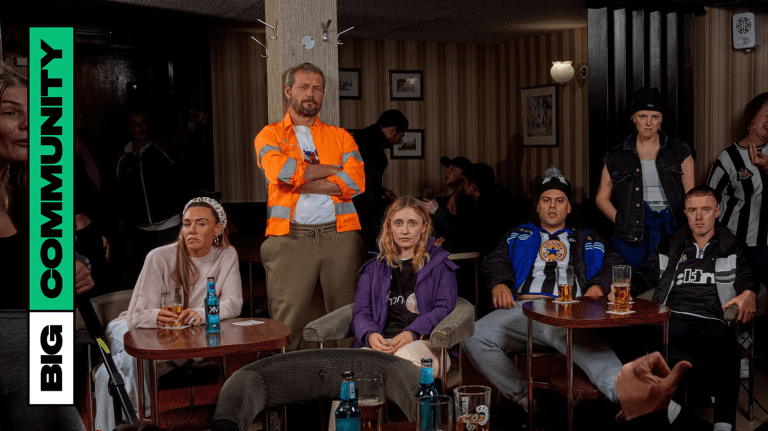Visiting the small town of Lochgelly you’d be forgiven for not realising that one of the 20th century’s most important Labour figures was born, bred and formed her politics here, among the mining communities of Fife. There is no statue or mural to honour her, or museum to celebrate her achievements, yet Jennie Lee was one of the very first female MPs when she was elected to parliament in 1929 at the age of just 24 as MP for North Lanark. She later went on to become the first ever Minister for the Arts and was the driving force behind the establishment of The Open University in the 1960s.
As a writer with a passion for social history I thought there should be far more noise being made about Jennie Lee as a political trailblazer. As a playwright, I saw a great opportunity to present a play in the area where she was from, exploring and sharing the story with the people who live there today. So, I started writing one!
Get the latest news and insight into how the Big Issue magazine is made by signing up for the Inside Big Issue newsletter
There are always of course several ways to tell a story, and I believe you have to focus on what means the most to you personally. For me this is to do with Lee’s concern for social justice throughout her life. I was particularly inspired by her belief that the non-material aspects of life like learning, art and culture are as important to human flourishing as the essentials like a job and a roof over your head. For Lee culture was deeply important to the social struggle. We reach for the arts when we want to celebrate things in life and during our darkest moments. They are crucial to who we are as human beings and to realising our humanity.
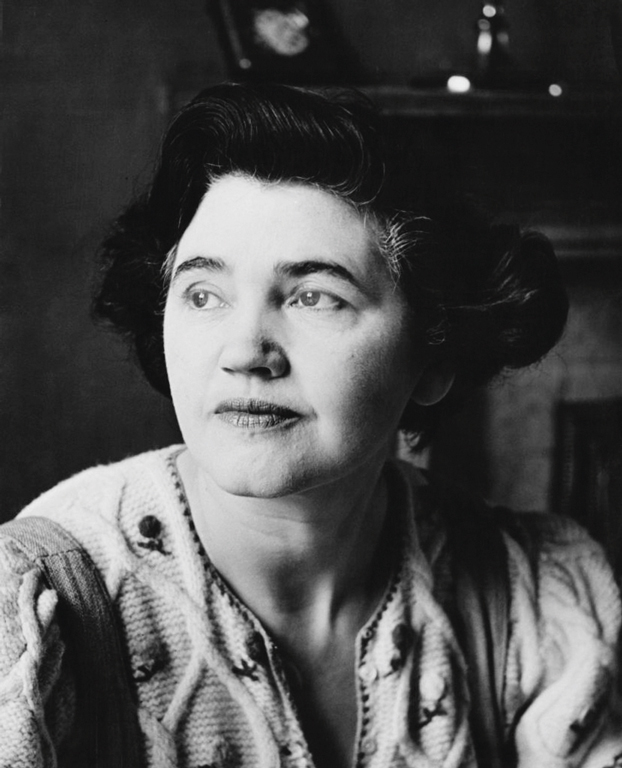
In a moment where funding for the arts is under unprecedented pressure, I believe it is more important than ever that we amplify Lee’s message. The very fact that we can even debate the level of public subsidy to the arts is in my opinion down to Lee. She wanted to propel the gains of the post-war generation in terms of improved housing, healthcare and employment into the artistic and cultural, or what she sometimes referred to as “the things of the spirit”.
Lee is possibly best known for her role in the establishment of The Open University. The idea of a long distance learning university, with no qualifications needed for most undergraduate courses, was strongly resisted by her fellow MPs, including those in her own party. She fought hard to “out-snob the snobs” and establish a university that enabled access to education for all yet made no compromise on standards. The fact that the OU is the largest university in the UK today with a global reputation is to me a testament of what can be achieved when the strong values of social justice which Lee grew up with are translated through political power at a national level.
